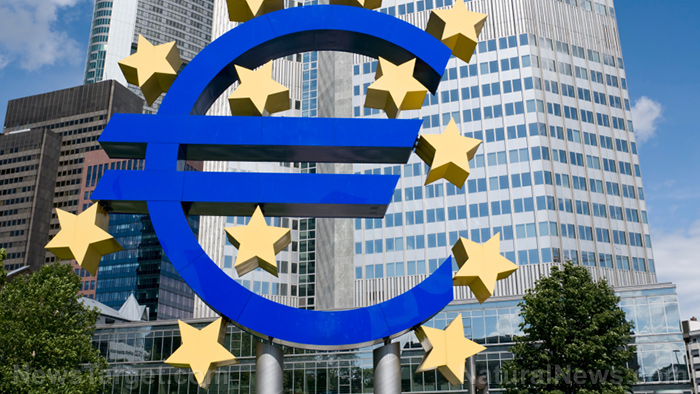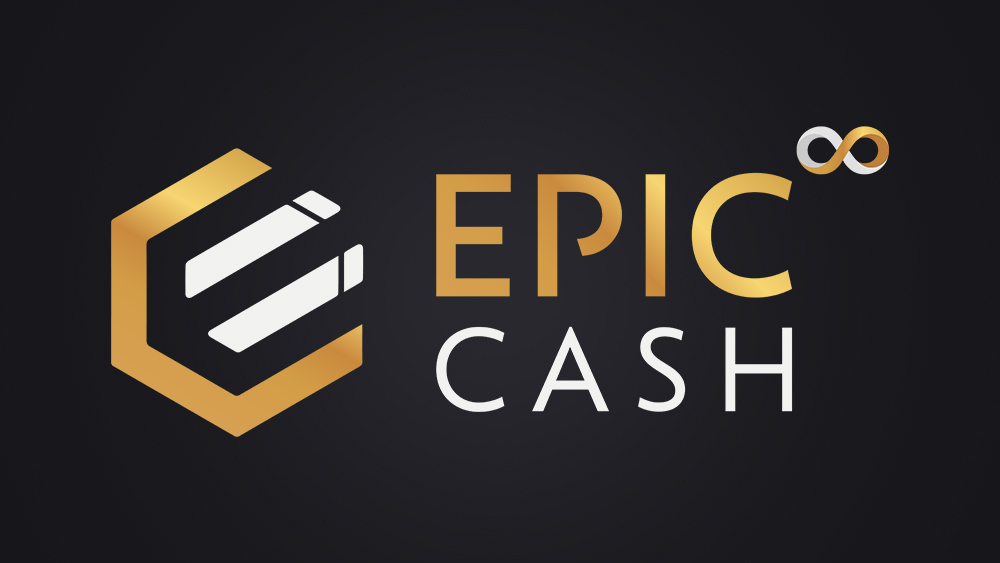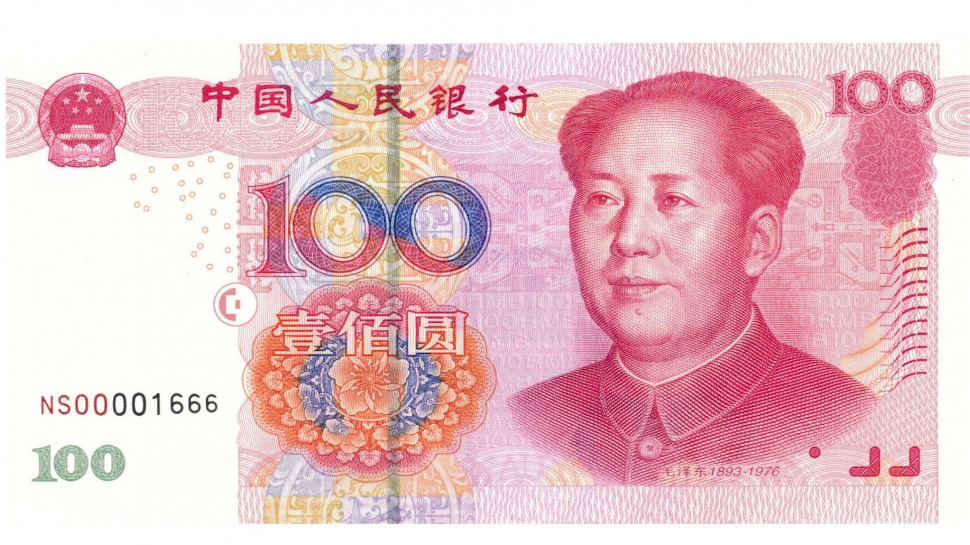HSBC brings cryptocurrency trading services to its online investment platform in Hong Kong
06/29/2023 / By Cassie B.

Hong Kong’s biggest bank, HSBC, is now offering its customers local cryptocurrency trading services, making it the first bank in Hong Kong to offer clients this functionality through its online platform.
Crypto investment products have been listed on the Hong Kong Stock Exchange since December and the bank allows its customers to trade all publicly listed ETFs. However they have now given their customers access to the ETFs from their own investment platform, underscoring the momentum the cryptocurrency community is currently enjoying as more major financial centers and institutions embrace crypto.
The exchange currently lists three types of crypto ETFs: Samsung Bitcoin Futures Active ETF, CSOP Bitcoin Futures ETF and CSOP Ethereum Futures ETF. HSBC’s move will expand customers’ exposure to cryptocurrencies, and they will now be able to trade on crypto exchange-traded funds.
Access to Ethereum and Bitcoin ETFs will give customers an opportunity to diversify their investment portfolios and learn more about investing in digital assets from the safety net of a regulated financial system. The bank had around 1.7 million active mobile customers in March, and 95 percent of its retail transactions are processed online.
Hong Kong has been gaining increasing attention as it positions itself as a possible global crypto hub of the future. On June 1, Kong Kong’s Securities and Futures Commission started accepting applications for crypto trading platforms, and they extended an invitation to Coinbase to register there.
HSBC also recently unveiled its Virtual Asset Investor Education Center, which aims to protect investors from the risks involved in cryptocurrency. Users will be required to read these materials and risk disclosures before they invest.
HSBC’s new offering comes not long after news emerged that the Hong Kong Monetary Authority (HKMA) has been pressuring major banks to start taking on crypto exchanges as clients. The regulator and central bank reportedly interrogated HSBC and other major banks, such as Bank of China and Standard Chartered, about why they were not accepting crypto exchanges as clients.
While some executives of major banks in Hong Kong have been reluctant to take on crypto clients following recent high-profile collapses in the crypto industry, HKMA has been trying to allay their fears.
An individual with knowledge of the conversations told the Financial Times: “HKMA encouraged the banks to not be afraid. There is resistance from a conventional banking mindset … we are seeing some resistance from senior executives at traditional banks.”
Hong Kong is an up-and-coming crypto hot spot
CoinDesk’s Emily Parker recently identified Hong Kong as one of two potential up-and-coming crypto hot spots in the Far East, along with Tokyo. She noted they have been publicly welcoming crypto, even at a time when places like the U.S. have been cracking down on it.
She said that although mainland China has been taking a more cynical view of the crypto industry, Hong Kong has been taking steps to position itself as a key player. For now, the special administrative region appears to have quiet backing from Beijing despite trading being banned on the Chinese mainland.
Circle Internet Financial has been following regulatory developments in Hong Kong closely. In an interview for Bloomberg Television, Co-founder and CEO Jeremy Allaire said: “Hong Kong clearly is looking to establish itself as a very significant center for digital assets markets and for stablecoins and we are paying very close attention to that.”
The company, which issues USD coin, considers Asia a “huge area of focus.” They recently received a license allowing them to offer digital payment token services and money transfer services in Singapore.
Sources for this article include:
Submit a correction >>
Tagged Under:
banking, banks, bitcoin, bubble, China, computing, crypotcurrency, crypto cult, economic riot, ETF, ethereum, finance riot, glitch, Hong Kong, HSBC, money supply, pensions, risk
This article may contain statements that reflect the opinion of the author
Popular Articles
COPYRIGHT © 2023 CurrencyClash.com
All content posted on this site is protected under Free Speech. CurrencyClash.com is not responsible for content written by contributing authors. The information on this site is provided for educational and entertainment purposes only. It is not intended as a substitute for professional advice of any kind. CurrencyClash.com assumes no responsibility for the use or misuse of this material. All trademarks, registered trademarks and service marks mentioned on this site are the property of their respective owners.




















